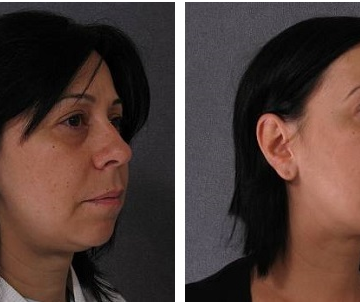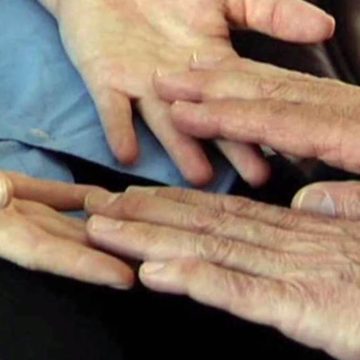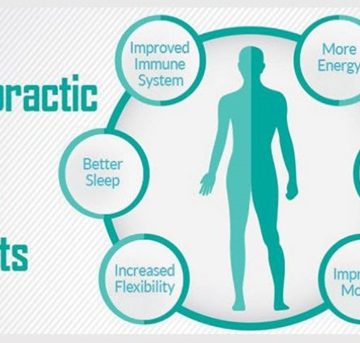First and last name. You don't have to put your age, but are you embarrassed about it? Specifying gender usually looks ridiculous because it's usually easy to ascertain from the name and also takes up an extra line.
It's also good to include your contact details - telephone number, email address (a decent, respectable one, set up on a good email service). It's also a good idea to leave a link to your business profile on LinkedIn. By the way, link to your social media profiles too - if they are at all decent. Chances are, your name will already be "pinged" on social media - so why not make the HR manager's job easier?
In the "Work experience" box, list all your past positions in reverse chronological order. Not only give the names of the companies for which you have worked, but also, very briefly, without too much "fluff", your job responsibilities, only the most important experience that you will need in a possible new job. Be sure to include the amount of time you have worked in each position. But remember: Casual workers, jumping from job to job, often arouse the distrust of human resources - so if you changed eight jobs in the last year, tell them only about a couple of the most important ones. It's not a lie: you've highlighted the essentials and not diverted attention to the non-essentials.
Give information about your education - don't start with your prep school, just give the key things - bachelor's and master's degrees, maybe even your degree. Try to fill in the column about additional education - courses, webinars, summer schools that have given you relevant experience. Also be sure to mention here that you have participated or even won specific case championships - HR of large companies are increasingly paying a lot of attention to this.
If you still have very little experience and accomplishments, talk about your skills. Describe what software you know how to use, what languages you speak, and what your best skills are.
Pay close attention to your hobbies. It's the one that best describes you, not as a machine worker, but as a versatile, talented person who will be fun to work with.
Phrases for a CV
A basic guideline for writing a CV is this: don't be shy. Be brave and be proud of what you have achieved and what you can do.
When describing your personality, abilities, experience and achievements, use strong professional phrases. Ask yourself: What is my way of working? What is my way of thinking? What are my goals? What have I already achieved? What do I want?
For each statement used, mentally ask a question that you might be asked at a job interview: "your CV says that...", "could you give a specific example from your work experience", etc. Make sure you think of a really good answer that presents convincing evidence.
You should use the best words for resume such as: good, very, excellent, intensive, energetic, active and patient.
But to make these phrases more impactful, you should use your personal examples.















